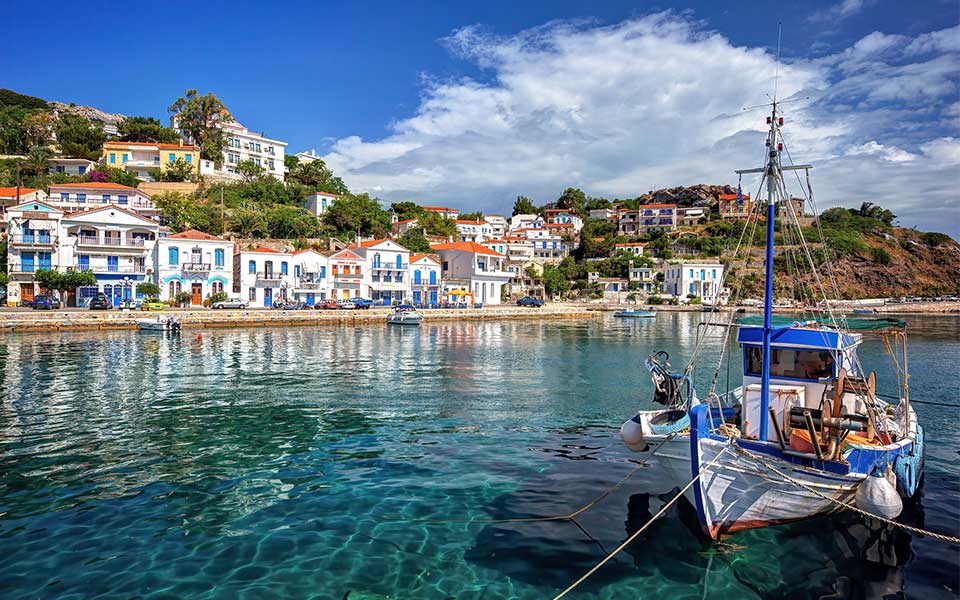By Costis P. Papadiochos
With the next two months seen as pivotal to the recovery of the country’s finances, the government is banking on the longest possible duration of the tourism season and a June restart of the economy, without the need for continued injections of liquidity.
Even though the tourism season is expected to be better in terms of revenue compared to last year, concerns remain, not least about the conditions that will be set by countries for the return of their citizens from their holidays, given that vaccination programs across Europe are experiencing significant delays.
For instance, if travelers are expected to go into quarantine when they return from their holiday or take molecular tests, this could be a disincentive to book a holiday abroad in the first place as the cost will increase significantly.
According to some reports, there were suggestions that Greece would cover the cost of these “exit tests” but they were dismissed as it would not be able to shoulder the financial burden of more than 10 million molecular tests.
A second crucial aim for the government is to start controlling the spiraling cost of supporting the economy, which has already reached 14 billion euros for this year.
According to initial forecasts, it was hoped that markets would be fully open at the start of April, but restrictions remain, while restaurants and cafes are expected to operate from May 10 at the earliest, and limited to outdoor spaces.
However, these concerns notwithstanding, the government remains confident that from June the economy will enter a rapid recovery trajectory for a long list of reasons.
These include the large increase in private deposits as well as the ongoing policy of tax cuts, as Prime Minister Kyriakos Mitsotakis has announced that the solidarity contribution for employees in the private sector will not be valid for 2022 either.
What’s more, there will be an inflow of resources from the Recovery Fund to the tune of around €4 billion by the end of the year. Confidence is further boosted by the strengthening of the banking system and Greece’s improved international image.
Other positive factors are the almost negative interest rates at which the country is borrowing and the proliferation of teleworking which, among other things, can contribute to the permanent establishment of foreigners in Greece.
This article was first published on ekathimerini.gr.











